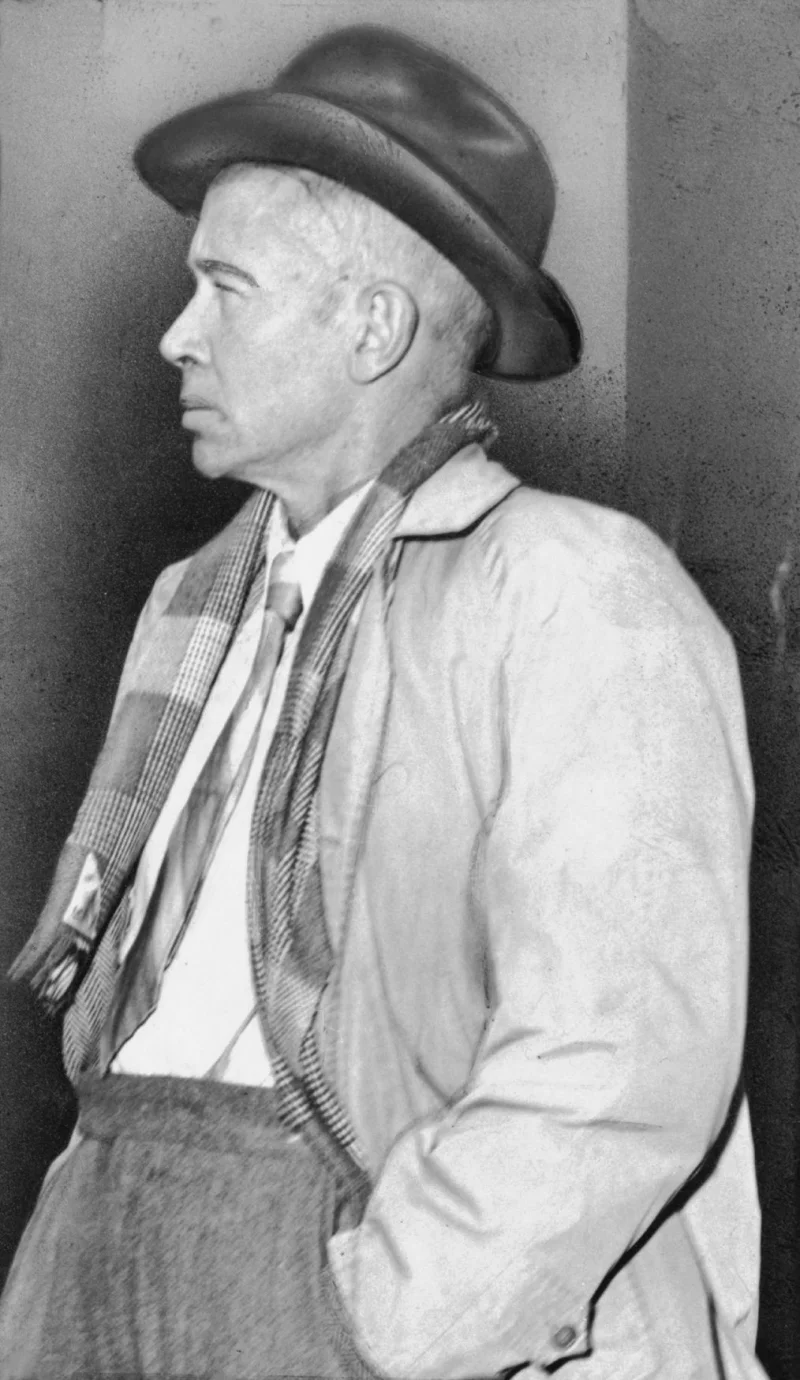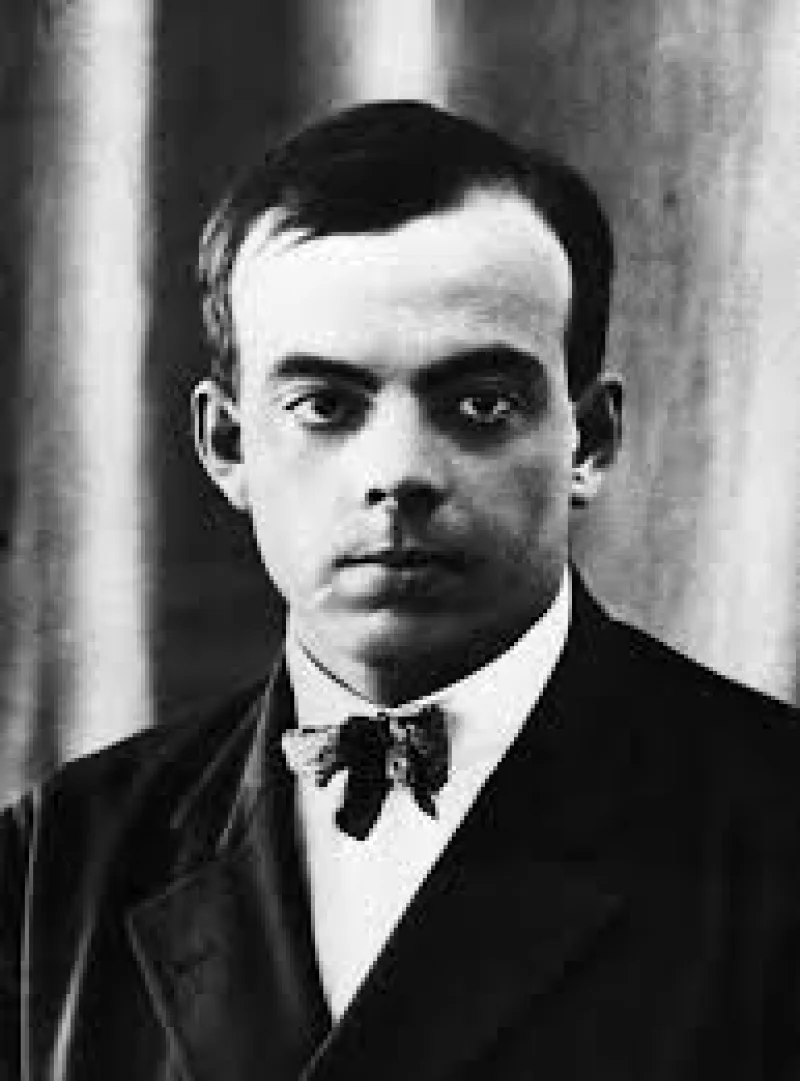Short Summary
E.E. Cummings was an American poet, painter, essayist, and playwright known for his innovative use of language and form in poetry. He is celebrated for his distinct style, which often included unconventional syntax, inventive punctuation, and a playful approach to language. Over his career, he published numerous volumes of poetry and prose, and his work has left a lasting impact on modern American literature. Cummings's contributions to the literary world have made him a seminal figure in 20th-century poetry.
Early Life & Education
Edward Estlin Cummings was born on October 14, 1894, in Cambridge, Massachusetts. He was the son of Edward Cummings, a Harvard professor and prominent Unitarian minister, and Rebecca Haswell Clarke. Raised in a highly intellectual and creative environment, he developed an early interest in writing and art. Cummings attended the Cambridge Latin High School and later enrolled at Harvard University, where he earned a Bachelor of Arts degree in 1915 and a Master of Arts degree in 1916. His time at Harvard exposed him to modernist influences and played a crucial role in shaping his unique literary style.
Career Highlights
Cummings's career began in earnest after serving in World War I, during which he was briefly imprisoned for his outspoken beliefs. His first published work, "The Enormous Room" (1922), was a memoir based on this experience. He gained recognition with the publication of "Tulips and Chimneys" (1923), his first collection of poetry. Over the years, he published nearly 3,000 poems, several plays, essays, and a novel. His work is characterized by its focus on individuality, love, and nature, often employing innovative typographical formats. Cummings's unique voice and style challenged conventional poetic norms and influenced future generations of poets.
Major Achievements
- Published over 2,900 poems, establishing himself as a prolific and innovative poet.
- Received a fellowship from the Academy of American Poets in 1950 for his contributions to poetry.
- His work "Tulips and Chimneys" is considered a landmark in modernist poetry.
- Honored with the Bollingen Prize in Poetry in 1958, recognizing his lifetime achievements.
Famous Quotes
- "It takes courage to grow up and become who you really are."
- "The most wasted of all days is one without laughter."
Interesting Facts
- He often wrote his name in lowercase as "e.e. cummings" to reflect his interest in individuality and nonconformity.
- Cummings was also an accomplished visual artist and had several gallery exhibitions of his paintings.
- He created a distinct poetic style, characterized by unconventional punctuation and syntax.
- During World War I, he volunteered for the ambulance corps in France, which deeply influenced his writings.
Legacy / Influence
E.E. Cummings's legacy endures through his pioneering approach to poetry, which has inspired countless poets and writers. His innovative use of language and form challenged traditional norms and expanded the possibilities of poetic expression. Cummings's work continues to be studied and celebrated for its creativity, individuality, and exploration of themes such as love and nature, making him a lasting influence on modern literature.
FAQ
Q: Why is E.E. Cummings famous?
A: He is famous for his innovative poetry that challenged conventional forms and language.
Q: What is E.E. Cummings's most famous work?
A: "Tulips and Chimneys" is one of his most well-known poetry collections.
Q: Did E.E. Cummings have other artistic talents?
A: Yes, he was also a talented painter and had several exhibitions of his artwork.










